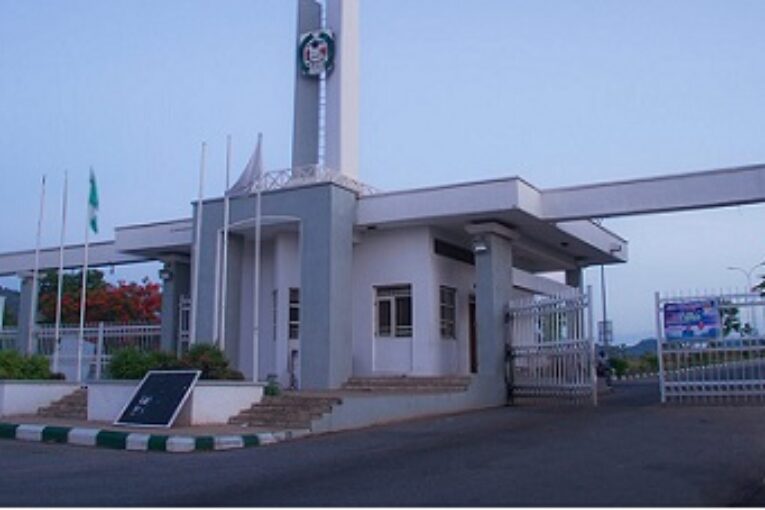
The Acting Vice-Chancellor of the University of Abuja, Professor Lar Patricia Manko, has described biotechnology as a vital tool for addressing Nigeria’s mounting food security challenges.
Speaking through Professor Dan-Kishiya at a public lecture on agricultural biotechnology, Manko emphasized the urgent need to harness science and innovation to transform the country’s agricultural landscape.
The event, held at the University of Abuja and organized in collaboration with the African Agricultural Technology Foundation (AATF), the National Biotechnology Research and Development Agency (NBRDA), and the Open Forum on Agricultural Biotechnology (OFAB) in Nigeria, brought together policymakers, researchers, and students to explore the role of biotechnology in sustainable agriculture.
“Agriculture in Nigeria faces monumental challenges. Food insecurity, climate change, pest infestations, and soil degradation threaten the livelihoods of millions. Yet, within these challenges lie opportunities for innovation, collaboration, and transformation,” Manko said.
She highlighted the University of Abuja’s leadership in biotechnology and biosafety research, referencing the groundbreaking PhD work of Dr. Abraham Isah, an alumnus of the university.
Dr. Isah’s pioneering study on the environmental safety of transgenic cowpea—integrating proteometabolomic and ecotoxicogenomic analysis—received global recognition and was honored at the International Society for Biosafety Research (ISBR) symposium in St. Louis, USA, in 2023.
“The innovative approach taken by Dr. Isah has provided a critical framework for assessing the ecological impact of genetically modified crops. This is a testament to the University of Abuja’s growing influence on global agricultural policy and scientific advancement,” she noted.
Professor Manko expressed gratitude to the university’s partners—AATF, NBRDA, and OFAB—for their commitment to advancing biotechnology in Africa.
She urged students and faculty to fully engage with the lecture, encouraging them to see themselves as key players in the future of Nigerian agriculture.
“This gathering is not just about dialogue; it is a call to action. Let us dream boldly and act decisively to cultivate a Nigeria where no family goes hungry, where farmers thrive, and where our fields flourish,” she added.




